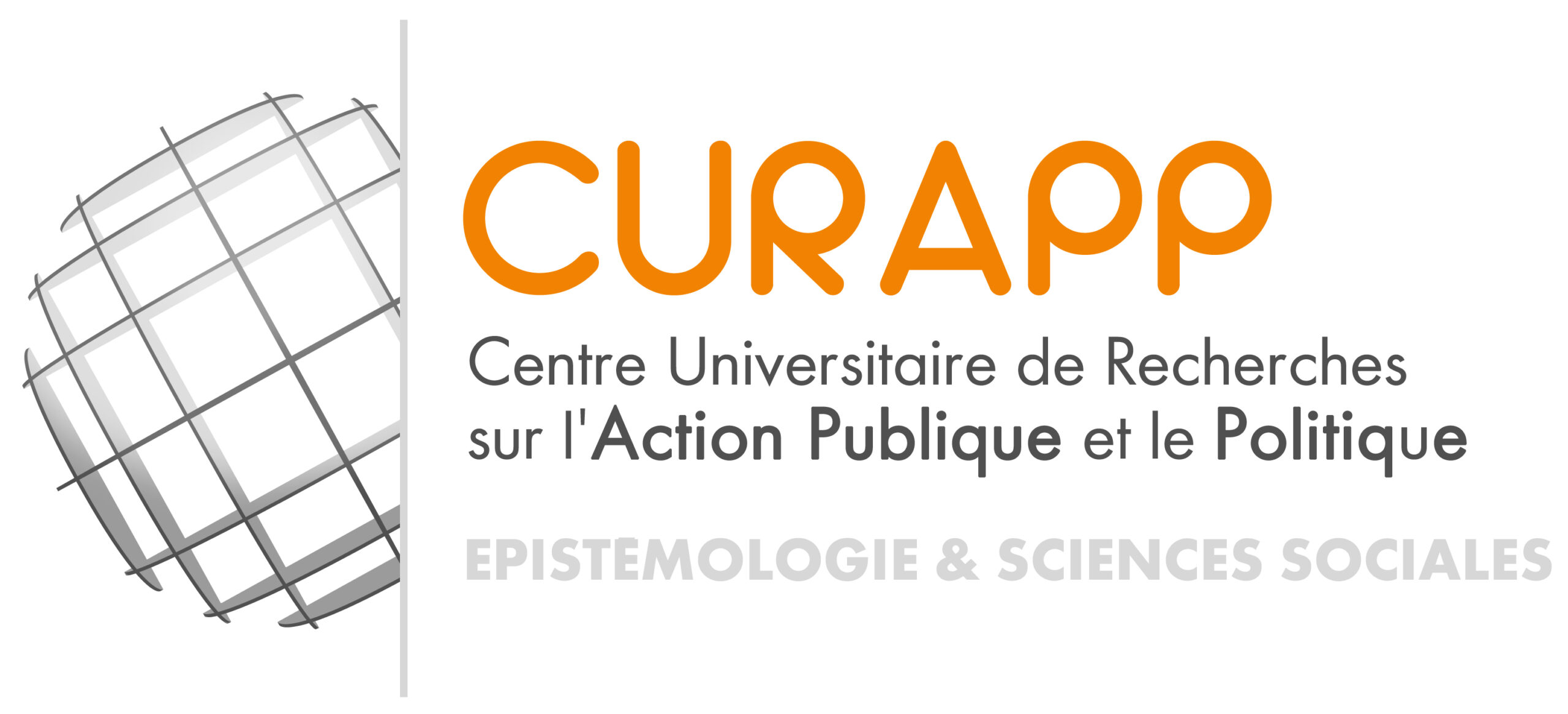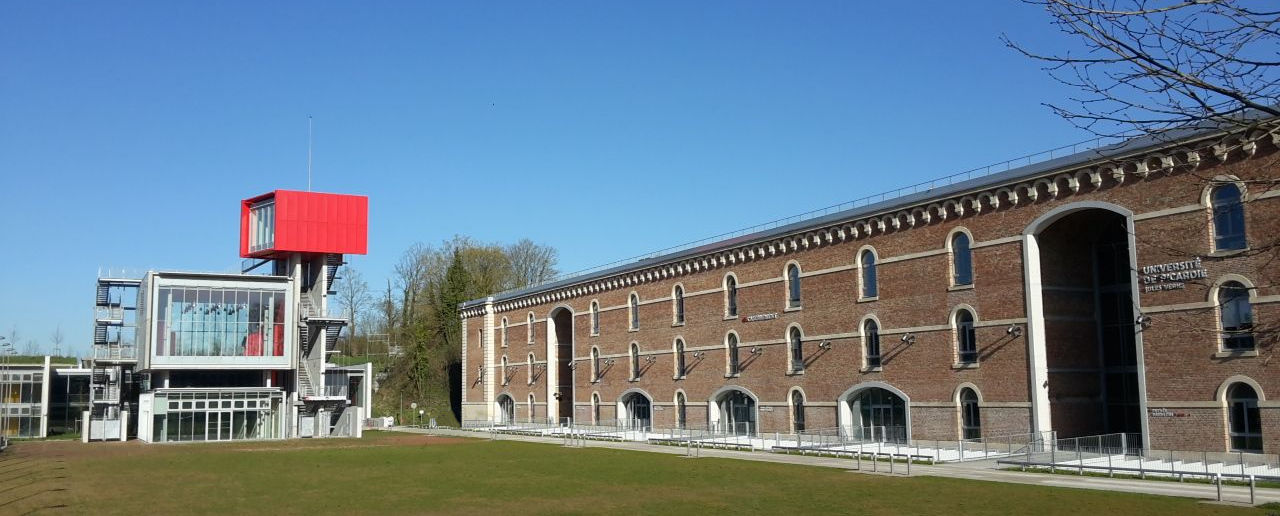Head researchers: Patrick Lehingue, Nathalie Le Bouteillec et Marie Vannetzel
Researchers: Nisreen Al Saidi, Ronan Balac, Hélène Balitout, Pierre-Yves Baudot, Julien Beaugé, Maïté Boullosa-Joly, Nicolas Brusadelli, Vincent Cardon, Rémy Caveng, Frédéric Charles, Isabelle Charpentier, Dominique Connan, Renaud D’Enfert, Diane Delacourt, Pascal Depoorter, Virginie Descoutures, Catherine Duval, Didier Éribon, Nour Fahad, Nehara Feldman, sandra Fontanaud, Nathalie Frigul, Bertrand Geay, Guillaume Grunewald, Fabrice Guilbaud, Stéphanie Guyon, Laure Hadj, Véronique Hochedé, Laurence Jourdain, Serge Katz, Abderrahim Lamchichi, Nathalie Le Bouteillec,
Mariette Le Den, Patrick Lehingue, Élodie Lemaire, Céline Letu, Sophie Louey, Yannick Martell, Éric Passavant, Emmanuel Pierru, Romain Pudal, Ana Perrin-Heredia, Kelly Poulet, Gabrielle Radica, Camila Ribeiro, Sophie Richardot, Emilie Spruyt, Babak Taghavi, Marie Vannetzel, Nadia Vautrin-Chaar, Sébastien Vignon, Marie-Pierre Wynand.
The common point of these research projects conducted at the laboratory is their intention to understand the political relations to the social world of unevenly politicized individuals or groups.
These relations are first and foremost relations to politics. That is the reason why the projects that address the first topic mainly focus on vote and political participation. Their originality lies in the fact that this sociology of elections and party involvement is produced with the constant preoccupation of thinking the social embedding of political preferences and actions. Because they are determined not to deny that this relation to politics also exists for individuals whose social characteristics are objectively distant from the people who “do politics” (party leaders, activists), these studies analyse politicization inequalities and their manifestations. By studying forms of participation whose legitimacy is contested and/or whose expression mode is not immediately perceived as political, they intend to question the causes of these inequalities and try to experiment new ways of apprehending them.
These experiments lead to cast a closer look on specific spheres whose distinctive features seem to strongly influence the shaping of those ordinary relations to politics. The research projects that address the second topic thus concentrate on the labour sphere. They partly focus on the forms of involvement that result from demands related to the conditions of employment (or non-employment) and their evolutions. But they also address the sometimes contentious structuration processes of specific professions or the fabrication processes of professional identities. They constitute as many opportunities to conceptualize the shaping of relations not only to politics but also to the political. The labour sphere is then conceptualized as an instance of socialization to involvement practices as much as an instance of socialization to norms and values that contribute to the construction of a differentiated relation to power, to authority and/or to the (di)vision principles of the social world.
This broad conception of the political then leads to also study and analyses those political relations to the social world via objects or contexts that seem distant from the political field. The research projects that address the third topic are thus able to understand how these political, and ethical-practical relations to the social world are being constantly (re)elaborated and (re)defined within social relations (class, gender, racialization, generation relations, etc.), over the years and in multiple spheres (family, school, institutions, etc.). This approach takes dominance relationships into account in its conception of politicization inequalities. It allows to apprehend them in relation with other social inequalities, and to examine how the institutionalization of these social relations contributes to producing how these inequalities are considered. Finally, they study the moral socialization (in practices and values) of specific individuals and social groups considering that it is key to understanding the specificities of their political relation to the social world.

